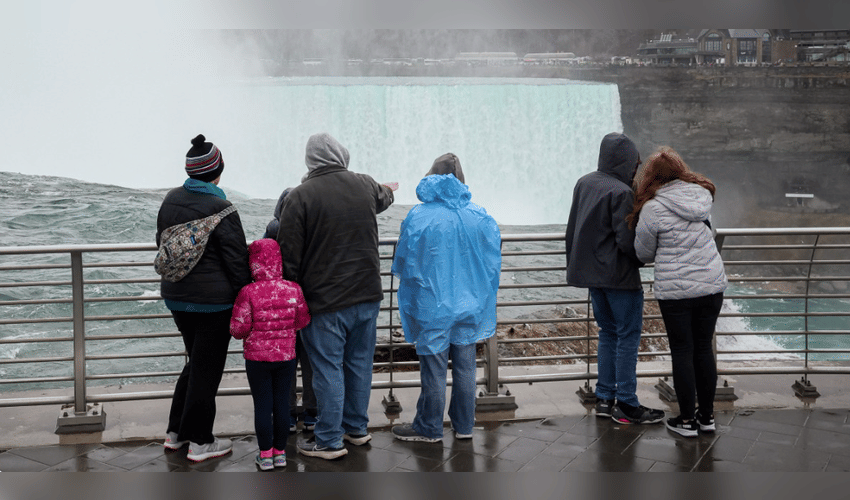Lifestyle
The US could require bonds up to 19000 dollars for some tourist visas under a pilot program.

The United States may require bonds of up to 15000 dollars for certain tourist and business visas under a pilot program set to begin in two weeks, according to a government notice released on Monday August 4. The program is designed to target visitors who overstay their visas. The initiative allows US consular officers to demand bonds from travelers coming from countries with high visa overstay rates. Bonds may also be applied to visitors from nations where the United States believes the screening and vetting processes are inadequate.
President Donald Trump has prioritized measures to reduce illegal immigration throughout his term, allocating more resources to strengthen border security and detain undocumented individuals. In June, he imposed a travel ban that fully or partially restricts citizens from 19 countries on national security grounds. These immigration policies have discouraged some tourists from visiting the United States. In May, airfares for transatlantic flights dropped to pre-pandemic levels, and travel from Canada and Mexico decreased by 20 percent compared to the previous year.
The new visa bond program will begin on August 20 and is expected to run for about a year. Consular officers will have the option to impose bonds of 5000, 10000, or 15000 dollars on applicants, with a general expectation of requiring at least 10000 dollars. These funds will be refunded if travelers leave the country as per the conditions of their visas. A similar pilot program was introduced in November 2020 during the final months of Trump’s first term but was not fully enforced due to the global decline in travel caused by the pandemic.
A spokesperson from the State Department outlined the criteria for determining which countries would be affected, mentioning that the list of countries could be updated. The factors include high overstay rates, weaknesses in screening and vetting procedures, concerns about nations granting citizenship through investments without residency requirements, and other foreign policy considerations. The State Department has not provided an estimate of how many applicants might be impacted. Many countries affected by Trump’s travel ban, such as Chad, Eritrea, Haiti, Myanmar, and Yemen, also have high overstay rates.
The US Travel Association, representing major tourism businesses, estimates that around 2000 applicants might be affected by the bond program, mostly from countries with low travel volumes to the United States. Data from US Customs and Border Protection for the fiscal year 2023 shows several African countries, including Burundi, Djibouti, and Togo, also have high overstay rates. Additionally, a provision passed in July by the Republican-controlled Congress introduces a 250 dollar visa integrity fee for all approved non-immigrant visa applicants. This fee, effective from October 1, may be reimbursed if applicants comply with visa regulations. The US Travel Association has expressed concerns that this fee could deter visitors and pointed out that if enforced, the United States could end up with one of the highest visitor visa fees globally.



